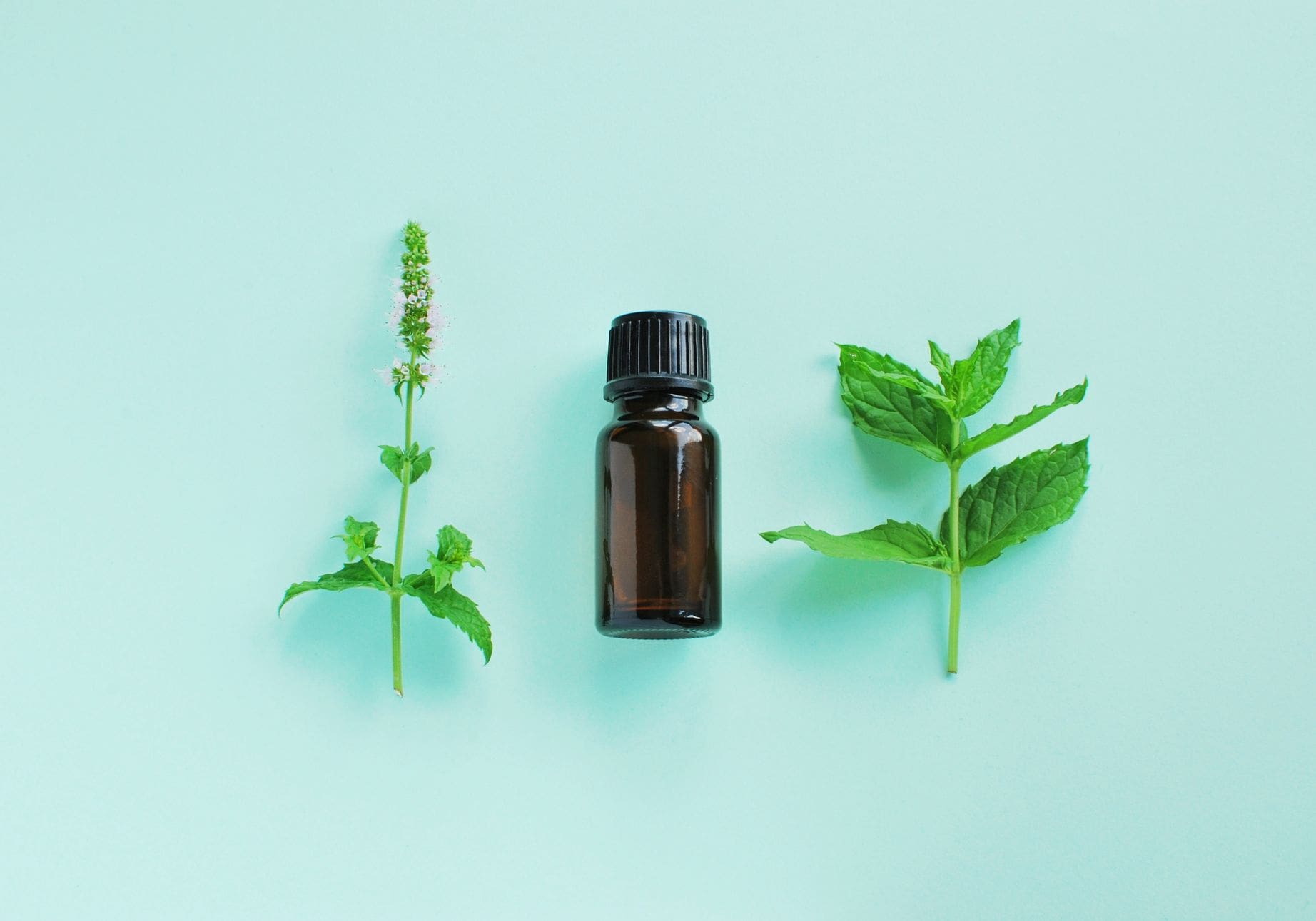Exercising in the heat places extra strain on the body. For athletes, the higher work rate, perceived exertion and faster time to exhaustion can put them at a competitive disadvantage.
One very novel and developing area of research in helping to combat heat stress in athletes is the use of a mouth rinse containing an ingredient found in peppermint and spearmint.
The cool and calming sensation in the mouth and nose from peppermint is all thanks to its natural menthol content. This cooling sensation arises from stimulation of the trigeminal nerve in the brain.
The trigeminal nerve is involved in temperature detection and perception and is also the nerve largely responsible for ice-cream headaches. So the main action of menthol is to mimic the sensation of cold temperatures.
Sports scientists are now looking at menthol as an exercise supplement for use in high temperatures.
In the latest research in this area, ten male volunteers with at least one year of endurance training participated in a heat stress test under laboratory conditions. Using a cycle ergometer, the participants cycled to exhaustion under conditions of 35 degrees Celsius.
At each testing session, once they were well into their exercise, they took on either an ice slurry drink, a menthol mouth rinse or a placebo mouth rinse with a similar taste to the menthol drink.
Compared to the placebo drink, both the ice-slurry drink and the menthol mouth rinse were equally effective in extending the time to exhaustion by six and seven per cent respectively.
Neither of the drinks altered the rise in core and skin temperature or heart rate showing the effect wasn’t to do with changing the core physiological changes during exercise.
Implications
The research into menthol as a sports supplement is still in its infancy, but initial results look promising. Athletes using menthol may get a benefit from improved thermal comfort feelings and a reduction in perceived exertion during intense exercise.
This translates into athletes being better able to tolerate the heat better and being able to work harder leading to improved performance when it counts on race day.

